holy
- Joined
- Nov 5, 2024
- Posts
- 945
- Reputation
- 1,666
THREAD MUSIC:
TABLE OF CONTENTS:
1. INTRODUCTION
2. ORIGINS AND EARLY CHURCH
3. THE GREAT ECUMENICAL COUNCILS
4. DEVELOPMENT OF DISTINCTIVES
5. THE GREAT SCHISM
6. UNDER ISLAMIC RULE
7. RUSSIAN ORTHODOXY
8. MODERN ERA
9. DISTINCTIVE PRACTICES
10. THEOLOGY
11. UNIQUE FEATURES
12. MODERN CHALLENGES
13. WHY ORTHODOX IS HARDCORE
14. CONLUSION
1. INTRODUCTION
In this thread, I will be diving into this magnificent fucking beast of a tradition
that makes Roman Catholicism look like it was invented yesterday.
In this thread, I will be diving into this magnificent fucking beast of a tradition
that makes Roman Catholicism look like it was invented yesterday.
2. ORIGINS AND EARLY CHURCH

It all starts with the Apostles themselves.
While Rome likes to jack off about Peter, the Eastern Church was established by several Apostles:
Andrew
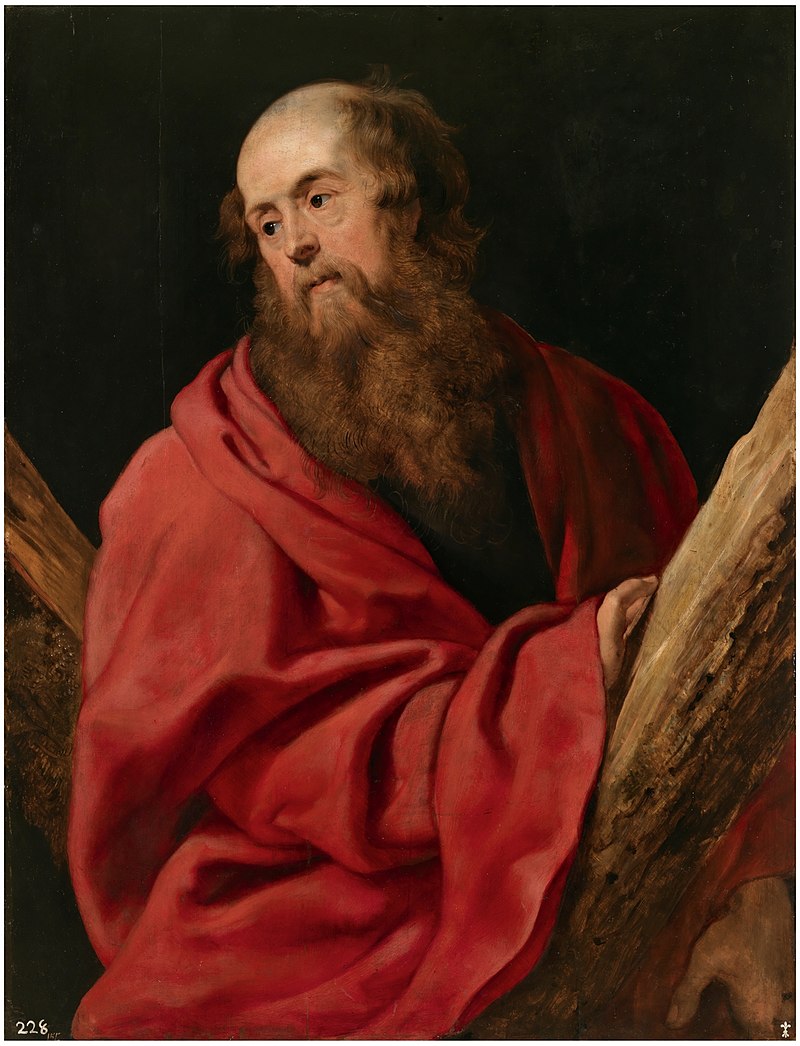
John

Paul
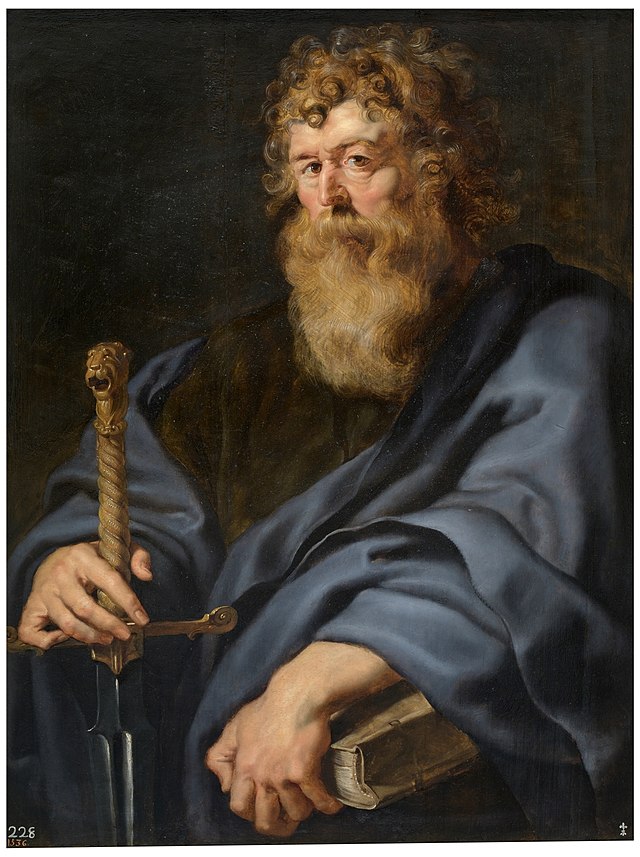
and others who established churches across Greece, Asia Minor, and the East.
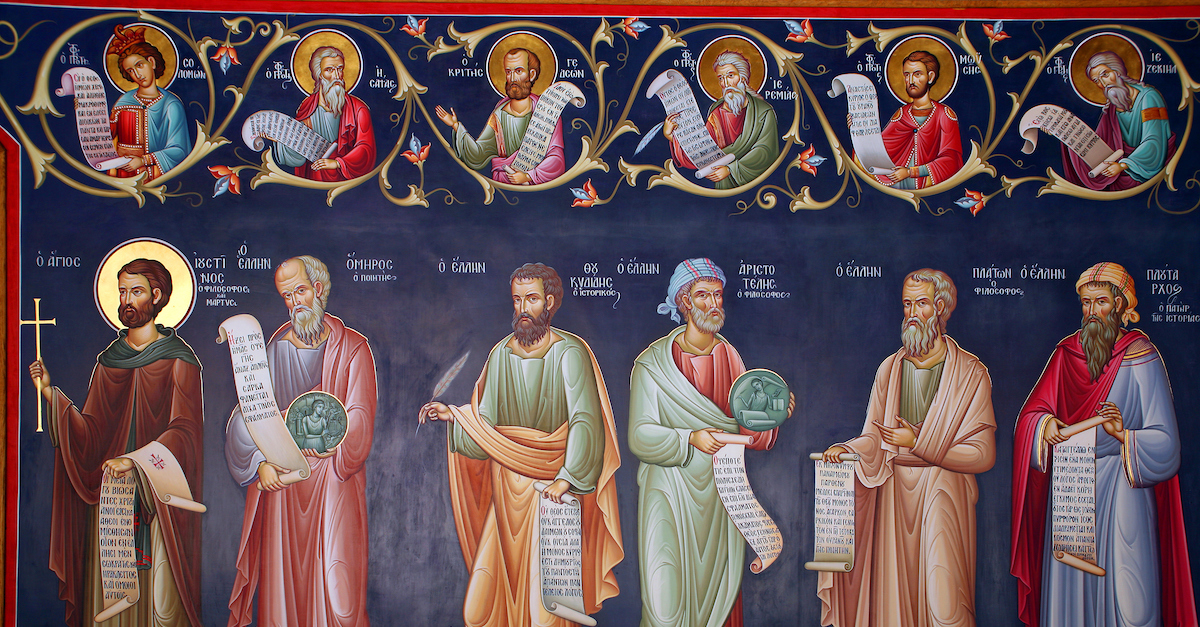
These churches preserved their apostolic succession like it was precious metal.
The early centers were Alexandria, Antioch, Jerusalem, and Constantinople (once it became a thing).

These weren't just random cities but were intellectual powerhouses.
While Western Europe was getting its ass kicked by barbarians, the East was having sophisticated theological debates that would make modern philosophers cry.

It all starts with the Apostles themselves.
While Rome likes to jack off about Peter, the Eastern Church was established by several Apostles:
Andrew

John

Paul

and others who established churches across Greece, Asia Minor, and the East.

These churches preserved their apostolic succession like it was precious metal.
The early centers were Alexandria, Antioch, Jerusalem, and Constantinople (once it became a thing).

These weren't just random cities but were intellectual powerhouses.
While Western Europe was getting its ass kicked by barbarians, the East was having sophisticated theological debates that would make modern philosophers cry.
3. THE GREAT ECUMENICAL COUNCILS

Let's talk about the seven councils that shaped Christian orthodoxy:
- Nicaea (325):
Smacked down Arius who thought Jesus was just a super-cool created being
- Constantinople I (381):
Cleared up the whole Holy Spirit thing
- Ephesus (431):
Told Nestorius to shut the fuck up about separating Christ's natures
- Chalcedon (451):
Defined how Christ's divine and human natures work together
- Constantinople II (553):
More Christological cleanup
- Constantinople III (680-681):
Settled the Monothelite controversy
- Nicaea II (787):
Said icons are actually cool and good


Let's talk about the seven councils that shaped Christian orthodoxy:
- Nicaea (325):
Smacked down Arius who thought Jesus was just a super-cool created being
- Constantinople I (381):
Cleared up the whole Holy Spirit thing
- Ephesus (431):
Told Nestorius to shut the fuck up about separating Christ's natures
- Chalcedon (451):
Defined how Christ's divine and human natures work together
- Constantinople II (553):
More Christological cleanup
- Constantinople III (680-681):
Settled the Monothelite controversy
- Nicaea II (787):
Said icons are actually cool and good

4. DEVELOPMENT OF DISTINCTIVES

The Eastern Orthodox developed their own shit:
- Heavy emphasis on theosis (becoming like GOD)
- Essence-Energies distinction (GOD's essence is unknowable but His energies are participable)
- Apophatic theology (defining GOD by what He isn't)
- No original guilt inheritance (just death and corruption)
- Synergy between GOD grace and human free will

5. THE GREAT SCHISM

1054 CE. The big breakup.
Here are the main issues:
- Filioque controversy (whether the Holy Spirit proceeds from Father and Son or just Father)
- Papal supremacy (Rome getting too big for its britches)
- Azymes (unleavened bread controversy)
- Different theological methods and emphases

But it wasn't just theological.
Cultural and political tensions between East and West played huge roles.

1054 CE. The big breakup.
Here are the main issues:
- Filioque controversy (whether the Holy Spirit proceeds from Father and Son or just Father)
- Papal supremacy (Rome getting too big for its britches)
- Azymes (unleavened bread controversy)
- Different theological methods and emphases

But it wasn't just theological.
Cultural and political tensions between East and West played huge roles.
6. UNDER ISLAMIC RULE

After Constantinople fell in 1453, Orthodox Christians lived under Ottoman rule for centuries.
But instead of dying out, they preserved their faith with incredible tenacity.
The Ottomans had a "millet" system that gave Orthodox some autonomy.
SOURCE:


After Constantinople fell in 1453, Orthodox Christians lived under Ottoman rule for centuries.
But instead of dying out, they preserved their faith with incredible tenacity.
The Ottomans had a "millet" system that gave Orthodox some autonomy.
SOURCE:

6. RUSSIAN ORTHODOXY
Russia becomes the "Third Rome" after Constantinople's fall.
Russian Orthodoxy develops its own flavor while maintaining communion with other Orthodox churches.
It becomes a major force until the Bolshevik Revolution fucks everything up.

Russia becomes the "Third Rome" after Constantinople's fall.
Russian Orthodoxy develops its own flavor while maintaining communion with other Orthodox churches.
It becomes a major force until the Bolshevik Revolution fucks everything up.

7. MODERN ERA

- Orthodox churches maintain independence while keeping unity in faith
- Each autocephalous church handles its own affairs
- Pan-Orthodox councils address common issues
- Strong emphasis on maintaining unbroken tradition
- Growing presence in the West through converts
- Still dealing with issues like calendar differences and jurisdictional disputes

- Orthodox churches maintain independence while keeping unity in faith
- Each autocephalous church handles its own affairs
- Pan-Orthodox councils address common issues
- Strong emphasis on maintaining unbroken tradition
- Growing presence in the West through converts
- Still dealing with issues like calendar differences and jurisdictional disputes
8. DISTINCTIVE PRACTICES

- Divine Liturgy basically unchanged since John Chrysostom
- Standing for worship (pews are for pussies)
- Intense fasting practices (Catholics think giving up meat on Fridays is hard? Cute.)
- Icons everywhere as windows to heaven
- Jesus Prayer tradition ("Lord Jesus Christ, Son of God, have mercy on me, a sinner")
- Hesychasm (mystical prayer practice)

- Divine Liturgy basically unchanged since John Chrysostom
- Standing for worship (pews are for pussies)
- Intense fasting practices (Catholics think giving up meat on Fridays is hard? Cute.)
- Icons everywhere as windows to heaven
- Jesus Prayer tradition ("Lord Jesus Christ, Son of God, have mercy on me, a sinner")
- Hesychasm (mystical prayer practice)
9. THEOLOGY

- Trinity understood through experience rather than philosophical speculation
- Salvation seen as therapeutic rather than juridical
- Strong pneumatological emphasis (Holy Spirit isn't a forgotten appendix)
- No purgatory, but prayers for dead are important
- Original sin viewed differently from Western understanding
- Mystery emphasized over systematic explanation

- Trinity understood through experience rather than philosophical speculation
- Salvation seen as therapeutic rather than juridical
- Strong pneumatological emphasis (Holy Spirit isn't a forgotten appendix)
- No purgatory, but prayers for dead are important
- Original sin viewed differently from Western understanding
- Mystery emphasized over systematic explanation
10. UNIQUE FEATURES
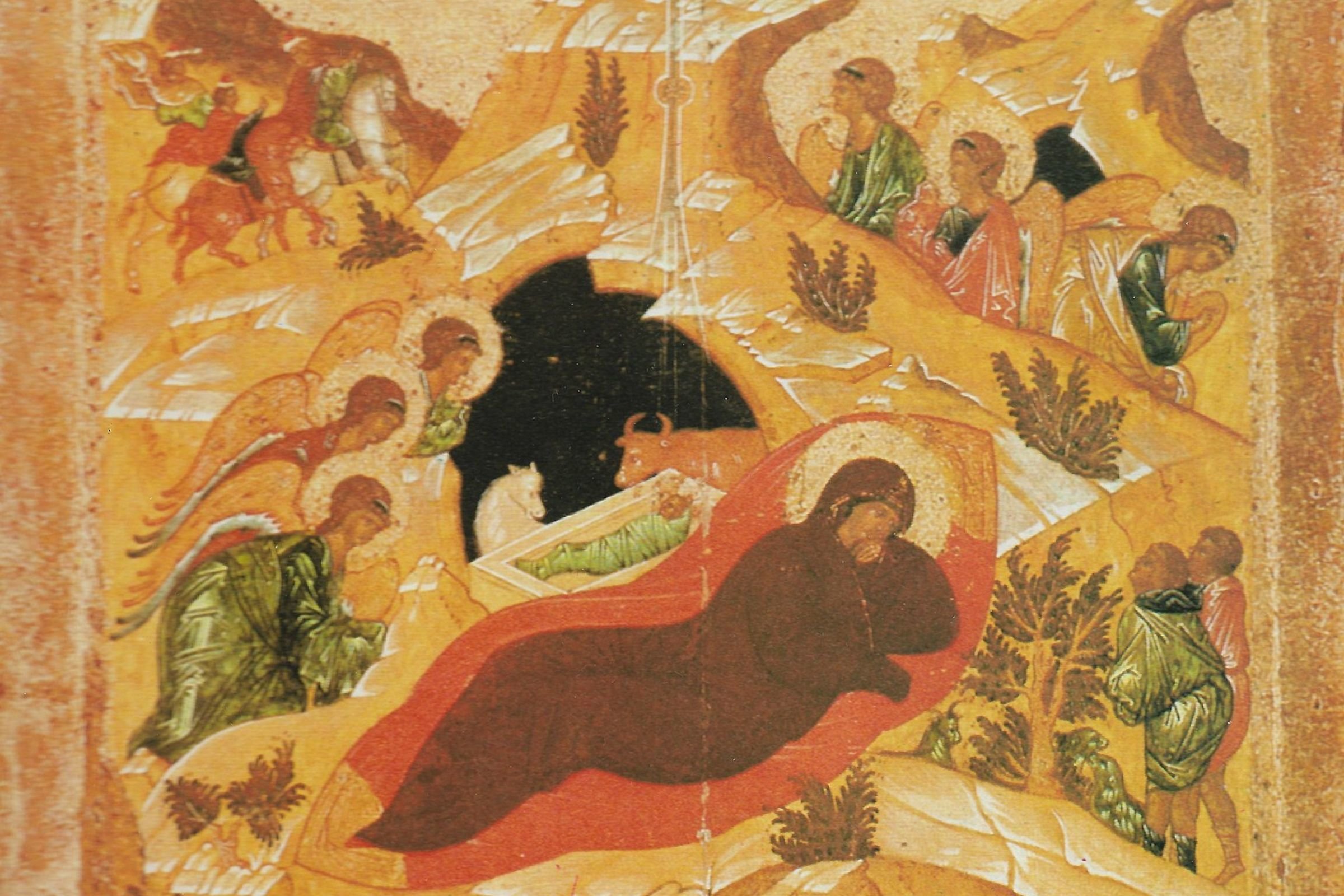
- Married priests (but celibate bishops)
- No "development of doctrine" like Catholics
- Decisions by consensus rather than papal decree
- Heavy use of holy oils, incense, and physical elements
- Focus on transfiguration of creation rather than just souls going to heaven

- Married priests (but celibate bishops)
- No "development of doctrine" like Catholics
- Decisions by consensus rather than papal decree
- Heavy use of holy oils, incense, and physical elements
- Focus on transfiguration of creation rather than just souls going to heaven
11. MODERN CHALLENGES

- Jurisdictional overlap in diaspora
- Relationship with other Christians
- Modernity and secularization
- Political pressures in traditional Orthodox countries
- Balance of tradition and contemporary life
12. WHY ORTHODOX IS HARDCORE
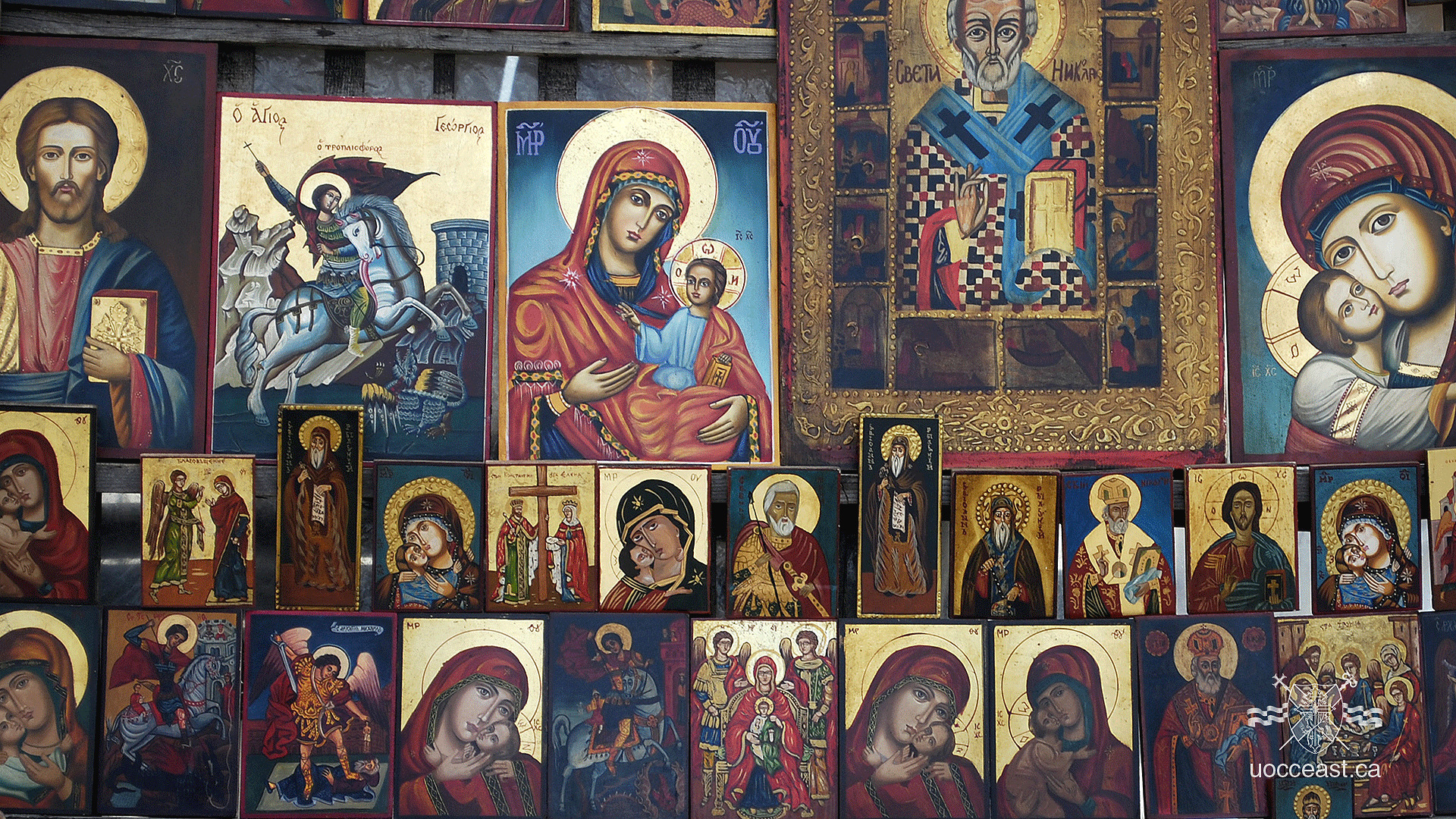
- Never had a reformation because they didn't need one
- Maintained apostolic tradition through Islamic rule
- Preserved ancient liturgical practices
- Survived communist persecution
- Doesn't water down teaching to be popular
- Still does 4-hour services standing up
- Fasting practices that would make most modern Christians cry
- Won't compromise doctrine for ecumenical brownie points
- Never had a reformation because they didn't need one
- Maintained apostolic tradition through Islamic rule
- Preserved ancient liturgical practices
- Survived communist persecution
- Doesn't water down teaching to be popular
- Still does 4-hour services standing up
- Fasting practices that would make most modern Christians cry
- Won't compromise doctrine for ecumenical brownie points
13. CONCLUSION
The Eastern Orthodox Church is basically Christianity's old school hardass grandfather who still does things the ancient way and doesn't give a fuck about modern sensibilities.
While other traditions are trying to be relevant and cool, Orthodoxy is giving you what the Apostles taught.
Take it or leave it.
It's not just the oldest continuous Christian tradition but the one that most faithfully preserves the practices and beliefs of the early church.
While Rome was innovating and Protestants were protesting those innovations, the East was just keeping on keeping on.
That's why converts often say "Orthodoxy is what you get when you follow Christian history backwards."
It's Christianity without the medieval Roman additions or Protestant subtractions.
That is Eastern Orthodoxy.
The church that's been doing its thing since the Apostles and doesn't plan on changing anytime soon.
The Eastern Orthodox Church is basically Christianity's old school hardass grandfather who still does things the ancient way and doesn't give a fuck about modern sensibilities.
While other traditions are trying to be relevant and cool, Orthodoxy is giving you what the Apostles taught.
Take it or leave it.
It's not just the oldest continuous Christian tradition but the one that most faithfully preserves the practices and beliefs of the early church.
While Rome was innovating and Protestants were protesting those innovations, the East was just keeping on keeping on.
That's why converts often say "Orthodoxy is what you get when you follow Christian history backwards."
It's Christianity without the medieval Roman additions or Protestant subtractions.
That is Eastern Orthodoxy.
The church that's been doing its thing since the Apostles and doesn't plan on changing anytime soon.
- holy











